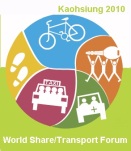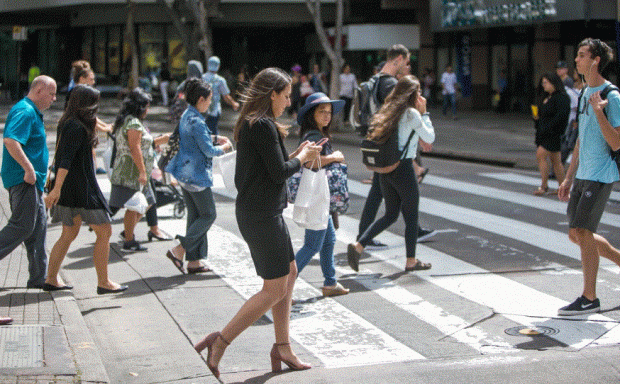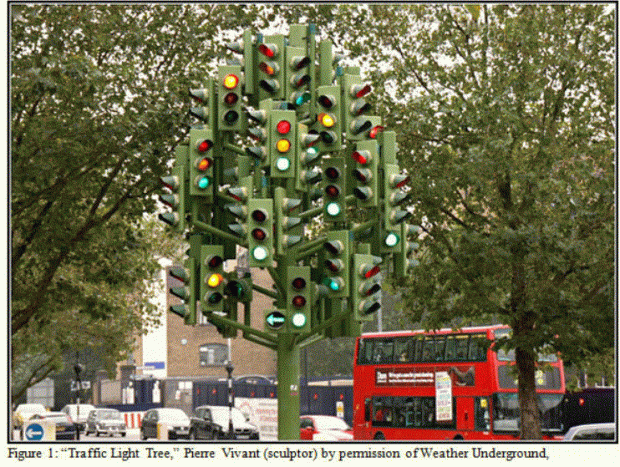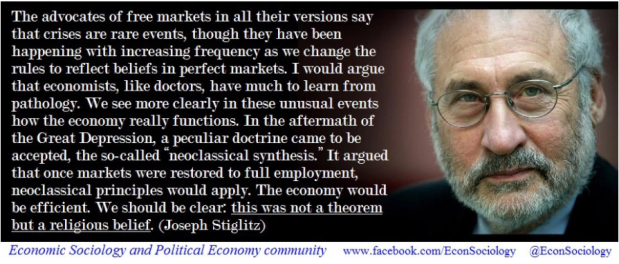
Source: https://www.climate-kic.org/opinion/cities-must-act-as-beacons-for-ambitious-climate-action/
Cities are a critical player in effective climate action, and many are already making headway where others are falling behind.
Will cities ultimately be viewed as the cause or solution to the global climate emergency? That seems to be the crossroads at which we now find ourselves, and it is a question which is either troubling or inspiring for city planners and mayors alike.
Cities are huge contributors to climate change, responsible for about 70 per cent of all greenhouse gas emissions and yet they are also at the frontline of the impacts of floods, extreme heat and drought.
Research by scientists at the Crowther Lab predicted that 77 per cent of cities around the world will experience dramatic change in climate conditions over the next 30 years.
For us, the most effective response begins by helping cities embrace the essential role they play. Cities are a critical player in effective climate action,
- Continue reading – – > https://www.climate-kic.org/opinion/cities-must-act-as-beacons-for-ambitious-climate-action/
# # #
About the World Streets Climate program coordinator:
Eric Britton
13, rue Pasteur. Courbevoie 92400 France
Bio: Founding editor of World Streets (1988), Eric Britton is an American political scientist, teacher, occasional consultant, and sustainability activist who has observed, learned, taught and worked on missions and advisory assignments on all continents. In the autumn of 2019, he committed his remaining life work to the challenges of aggressively countering climate change and specifically greenhouse gas emissions emanating from the mobility sector. He is not worried about running out of work. Further background and updates: @ericbritton | http://bit.ly/2Ti8LsX | #fekbritton | https://twitter.com/ericbritton | and | https://www.linkedin.com/in/ericbritton/ Contact: climate@newmobility.org) | +336 508 80787 (Also WhatApp) | Skype: newmobility.)







 From the editor’s desk: If you get it,
From the editor’s desk: If you get it, 









